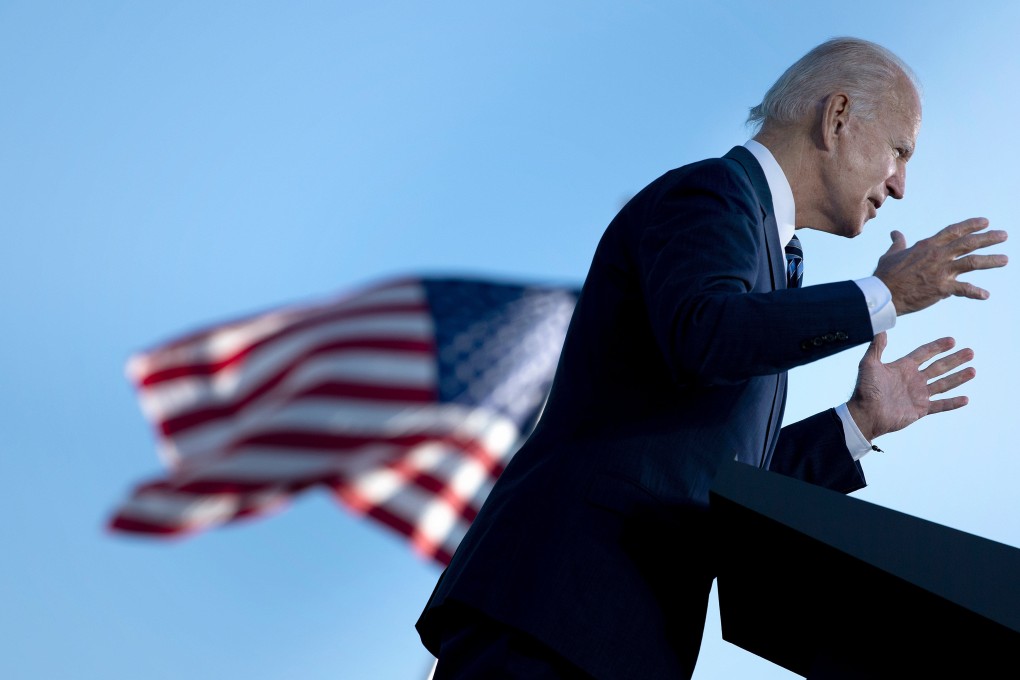Global corporate tax plan gains momentum as nations seek post-pandemic windfall, but will poor countries lose out?
- US President Joe Biden’s administration has proposed a 21 per cent minimum global corporate tax, but headwinds could make a midyear target for the plan difficult to achieve
- World Bank chief expresses concerns that the ‘high’ minimum tax rate proposed for businesses would impede ability of developing nations to attract investment

Economic crises often spur breakthroughs, and this may again prove to be the case as a long-delayed plan to overhaul global corporate taxes gains momentum.
Group of 20 (G20) finance ministers and central bank governors added impetus to the plan on Wednesday, stating that they are committed to reaching a deal on a global minimum corporate tax by midyear.
Further progress came on Thursday when the Financial Times reported the United States calling for multinational companies to pay taxes based on sales in each country, regardless of whether they have a physical presence there – including US tech companies – a concession demanded by some nations.
With the US throwing its weight behind the plan this week, while Germany and France signalled their support, prospects for a deal look better than at any time in recent history.


